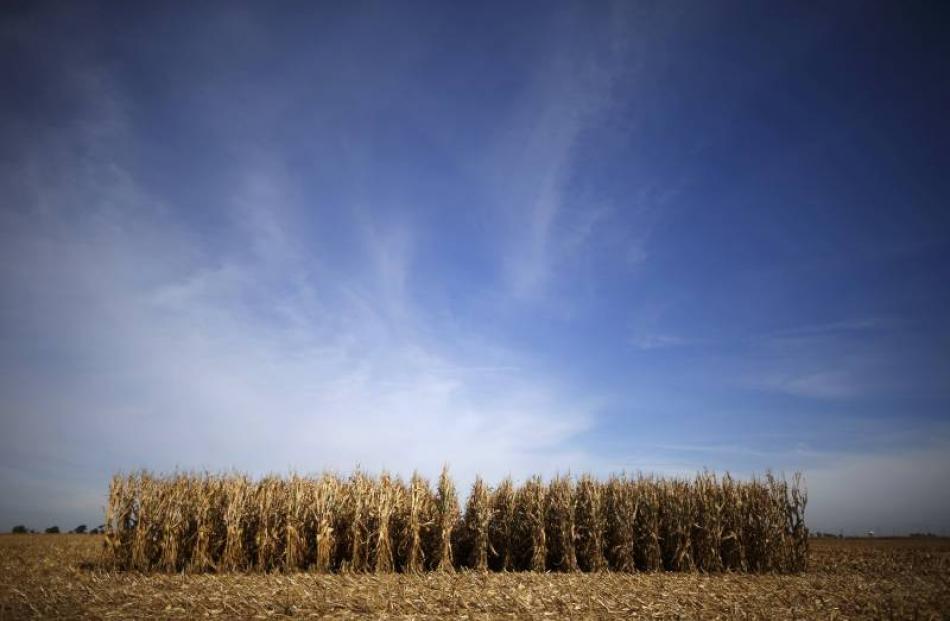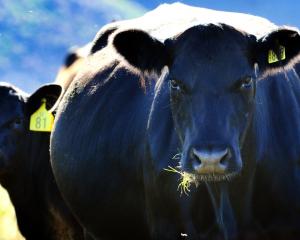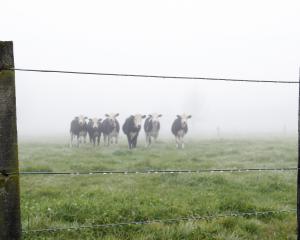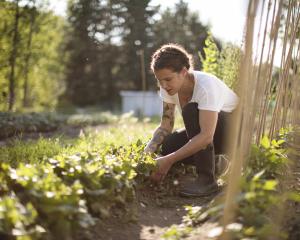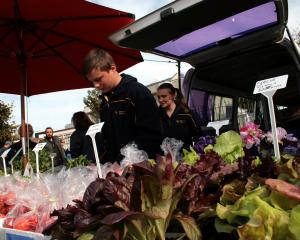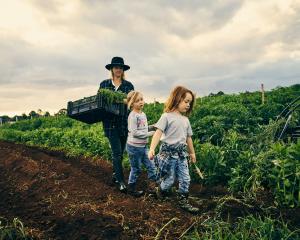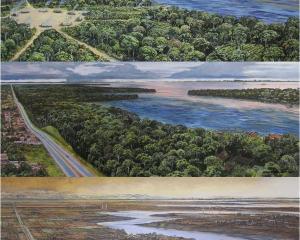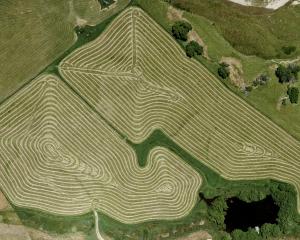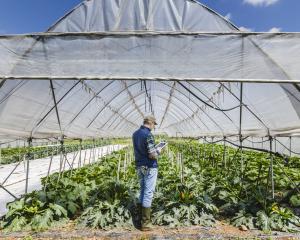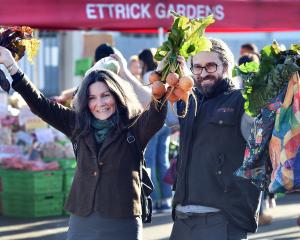As we feed ourselves, we also need to consider what our consumption is fuelling.
I recently asked students in a first-year geography paper to keep a food diary for a couple of days, a list of the different things that they ate, who they ate with, how the food was prepared, where it all came from and how it was produced.
The point was to encourage them to reflect on the amount of control they had over their food choices, the social and environmental implications of those choices and the accessibility of information about the food they were putting into their bodies.
They were by and large concerned with the health impacts, the way their food was produced, the distance their food had travelled, social justice and the environmental implications, but many reported feeling rather powerless.
It was towards the end of semester, they were busy with assignments and bank accounts were dwindling. For many, they were used to thinking of food as a fuel, something that kept them going in their daily lives.
Choices were often made based on convenience and cost. They recognised problems with the food system: the way food is produced, distributed, consumed and wasted, but felt their options were limited. A feeling we can all share.
For all of us, food is a fuel, a source of energy. It has also become a commodity. It is something that is produced and traded globally and can generate significant economic returns. It is no different from any other widget, whose value is defined by supply and demand.
To increase supply, we just turn on the spigot: unlimited inputs will lead to unlimited production. We are all familiar with the stated goal to double the value of New Zealand's primary exports by 2025. To achieve that goal, the country will require more land in production, land used more intensely, greater inputs of water and fertilisers, greater specialisation and higher levels of corporate investments.
It would be naive to expect these changes will not have an impact on greenhouse gas emissions or water quality. In addition, we could expect significant social impacts.
With the latest drop in global dairy prices, it has been reported that many dairy farmers will not be able to cover their costs this year. Is further erosion of the family farm and rural communities likely as well? What options do farmers have and how much control do they have over the food system?
Concern about control over the food system has provided the basis for consumers and producers to come together to think about alternatives.
Our Food Network (OFN) Dunedin is one example. OFN emerged out of ''food forums'' held in 2012 and 2013, to stimulate greater production, distribution and consumption of local food in a way that would contribute to the building of a resilient and prosperous community.
It arose from the recognition that there should be space for alternatives to food as a fuel and food as a commodity.
Like elsewhere around the world, people in Dunedin are concerned about food and see it as an issue that can lead to a shift in the way we think about our relationships to the environment and to each other.
That discussion will continue on Saturday, November 1 at the third food forum, based on the theme ''Ideas into Action'', to identify specific projects and actions that can create space for alternatives. The forum is at Dunedin City Library from 11am-3pm. All are welcome.
- By Sean Connelly, a lecturer in the department of geography at University of Otago. Each week in this column, one of a team of writers addresses issues of sustainability.

